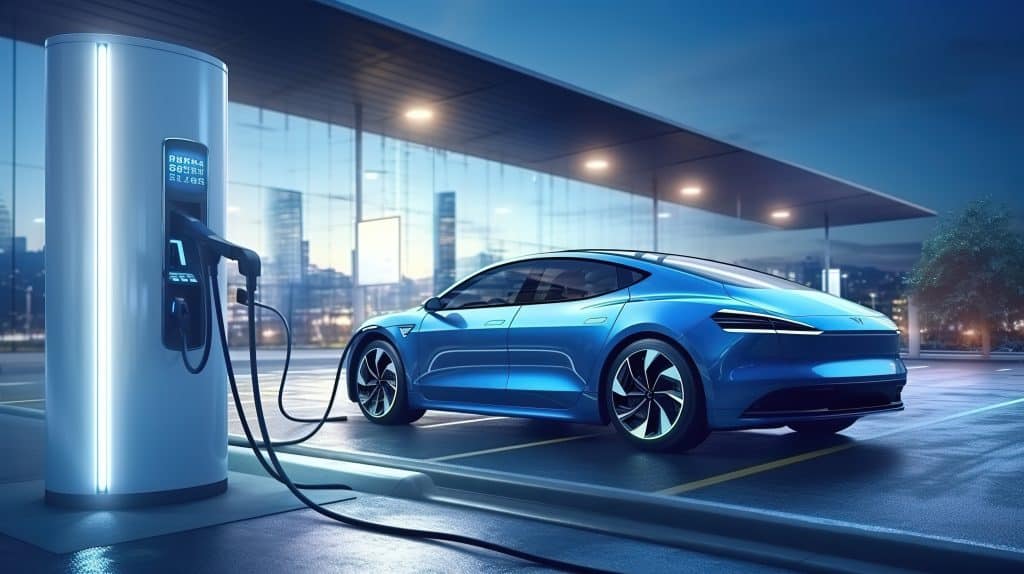Many motorists have made the switch to an electric vehicle in recent years. The environmental benefits are clear, but does an EV save you money in the long run? This article will explore the financial aspects of electric car ownership in the UK, examining the costs involved and how they compare to traditional petrol or diesel vehicles. Keep reading for all you need to know to make an informed decision.
Upfront Costs: Purchase & Incentives
One of the biggest reasons that people have been hesitant to make the switch to this point is the upfront costs involved. While it is true that EVs tend to be more expensive than petrol or diesel vehicles, this gap is closing with more and more EV availability, bringing prices down.
While the original electric car grant was scrapped, there are a few other grants available that you might be eligible for that can make EVs more affordable.
Running Costs
It is the running costs where significant long-term savings can be made with an EV and make up for the more expensive upfront costs. Of course, the most obvious difference is that you no longer have to pay for fuel – a cost that has been rising sharply in recent years. The cost of charging an EV depends on a few factors, but the average is around £13 for a full charge at home.
You also do not have to pay road tax with an EV, which is another long-term cost saving. On top of this, EVs tend to be cheaper to maintain as there are fewer moving parts and there is no need for oil changes. Car insurance costs can be higher due to repairs costs and tech, so it is always a good idea to shop around.
Charging Infrastructure
The charging infrastructure is another important consideration. Range anxiety was another reason why many were hesitant, but the charging infrastructure is growing rapidly, with 74,611 electric charging points across the UK at the end of January 2025. Keep in mind that it is more expensive to use a public charging point, which is why you want to have your own charger installed at home. This is made more affordable with the Electric Vehicle Homecharge Scheme.
Depreciation & Resale Value
Depreciation and resale value are important considerations with any type of vehicle. There are many factors that can influence depreciation, including make and model, battery life, mileage, condition, and tech developments. EVs and brand new petrol and diesel vehicles have a high rate of depreciation, but resale values are improving as battery tech improves the longevity of these vehicles while demand for second-hand EVs is also helping them to retain more value.
Hopefully, this post will be informative and help you gain a stronger understanding of the financial aspects of investing in an EV. While the upfront costs can be higher, motorists can enjoy significant long-term savings by making the switch while also protecting the planet.
Caroline is doing her graduation in IT from the University of South California but keens to work as a freelance blogger. She loves to write on the latest information about IoT, technology, and business. She has innovative ideas and shares her experience with her readers.






